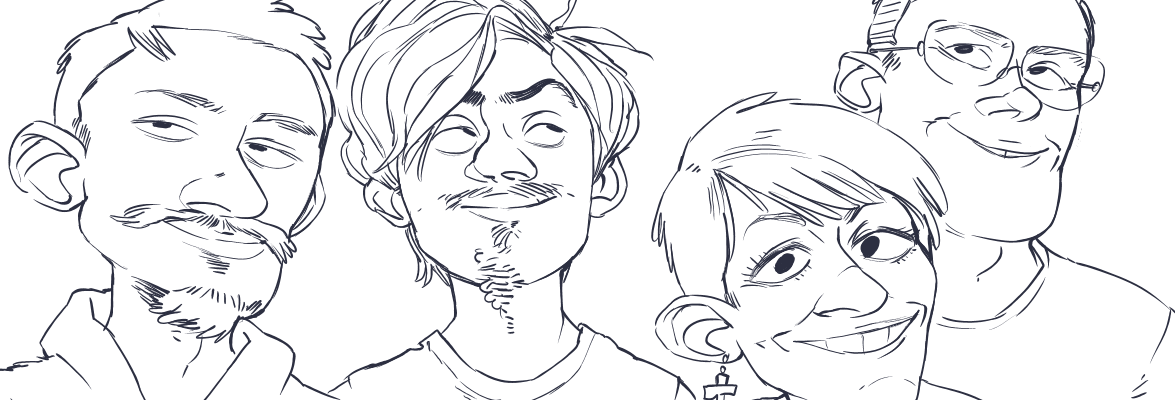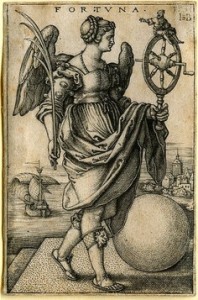Please refer to my last post for the beginning of this conversation.
As I’ve considered the next section of Aristotle’s Poetics I find that the same movies continue to work. Here’s the relevant passage:
Plots are either Simple or Complex, for the actions in real life, of which the plots are an imitation, obviously show a similar distinction. An action which is one and continuous in the sense above defined, I call Simple, when the change of fortune takes place without Reversal of the Situation and without Recognition.
A Complex action is one in which the change is accompanied by such Reversal, or by Recognition, or by both. These last should arise from the internal structure of the plot, so that what follows should be the necessary or probable result of the preceding action.
* * *
Reversal of the Situation is a change by which the action veers round to its opposite . . . Recognition, as the name indicates, is a change from ignorance or knowledge, producing love or hate between the persons destined by the poet for good or bad fortune. The best form of recognition is coincident with a Reversal of Situation.
Spoilers ahead.
Batman, in Batman Begins, jumps immediately to mind because his Reversal of Situation is a change from bad fortune to good. This breaks the usual mold of a worsening situation for the hero. After his lost time in a Chinese prison and his training with Ra’s Al Ghul, Bruce returns home to his life, his wealth and his friends. Alfred comes to pick him up, thereby “recognizing” him as the presumed-dead Wayne heir. Aristotle would approve, I think, of this formula.
Man of Steel also follows Aristotle’s formula. The Recognition moment, when Clark identifies himself as an alien, is so important that Clark must consult a priest before he admits who he is. As I talked about last time, Clark’s fear of identification is so strong that he refuses to save his adopted father in order to preserve his anonymity. This is all delicious storytelling. With his identity revealed Clark is now also in a Reversal of Situation, pitting himself against the plot’s villain, General Zod.
And, as I posited last time, The Lone Ranger is a failure at Aristotle’s rules. My opinion was based on Mr. Ranger as the hero. Aha! Is he indeed the hero? Perhaps this further reading of Aristotle upends that supposition.
This movie turns on the moment when Tonto and Ranger visit the Cherokee, learning that Tonto was once a boy who inadvertently betrayed his people for a silver mine. Can a memory of an earlier Reversal of Situation, revealed at the moment of Recognition, fit into Aristotle’s formula? I believe it can. Here is when we learn the mystery of Tonto. Ranger himself has little change of fortune. If his silly mask is supposed to grant him a Recognition moment it’s quite a stilted prop. I disliked him as the hero, as you recall. Tonto, though, is much more interesting. (Did he start out that way, or did Johnny Depp bogart the position? I can’t say.) Certainly I think the filmmakers were unwilling to admit to themselves that their eponymous character was a dud. With a rewrite this movie could have been quite interesting.
The lesson of all my Aristotelian musings is to trust the master, know his edicts, and check your work against his rules. Why superhero epics follow a similar trajectory to classical Tragedy is an ongoing question for me. Isn’t it fascinating?

